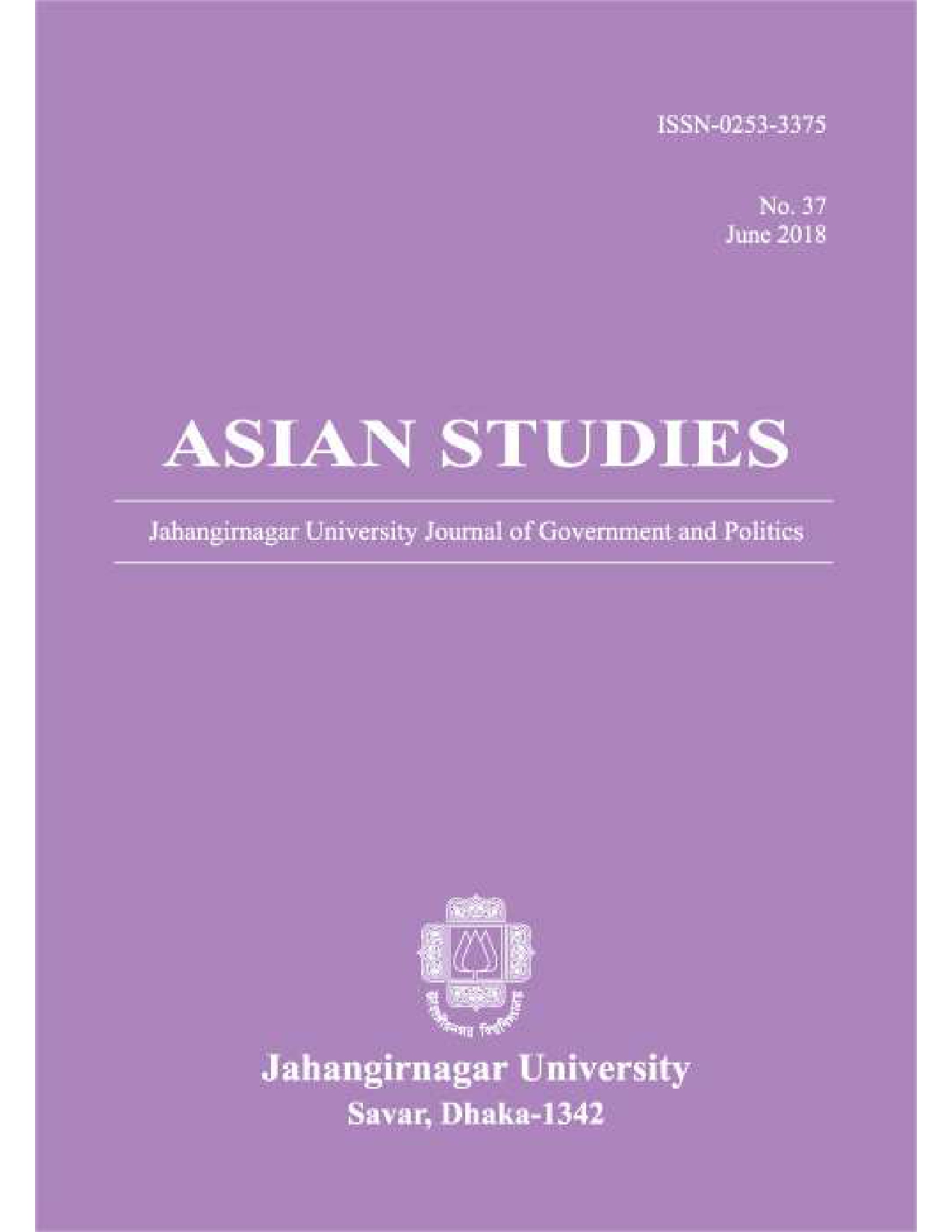Human Development and Disproportional Impact on Minority Ethnic Groups in Bangladesh
Main Article Content
Abstract
Human development is a multi-dimensional process leading towards acceleration of
economic growth, reduction of inequality and eradication of absolute poverty. The HDI is a
summary measure for assessing long-term progress in three basic dimensions of human
development: a long and healthy life, access to knowledge and a decent standard of living.
Bangladesh’s HDI value for 2015 is 0.62 which is in the medium human development category
positioning the country at 142 out of 187 countries. Between 1980 and 2013, Bangladesh’s HDI
value increased from 0.336 to 0.62, an increase of 66.0 percent or an average annual increase of
about 1.55 percent. When HDI value is lowest then it is called disadvantaged community. In this
research work some disadvantaged communities are found. These communities are minority
ethnic communities. The HDI value of these communities is very low. The HDI values are
calculated and finally the situation of disadvantaged communities is explained on the basis of
primary and secondary sources. The results represent that the life expectancy of minority ethnic
groups is good. Gross primary enrollment and access to safe water is not good. But GDP per
capita is extremely poor. Thus the level of Human Development of minority ethnic groups is very
low than overall Bangladesh.

